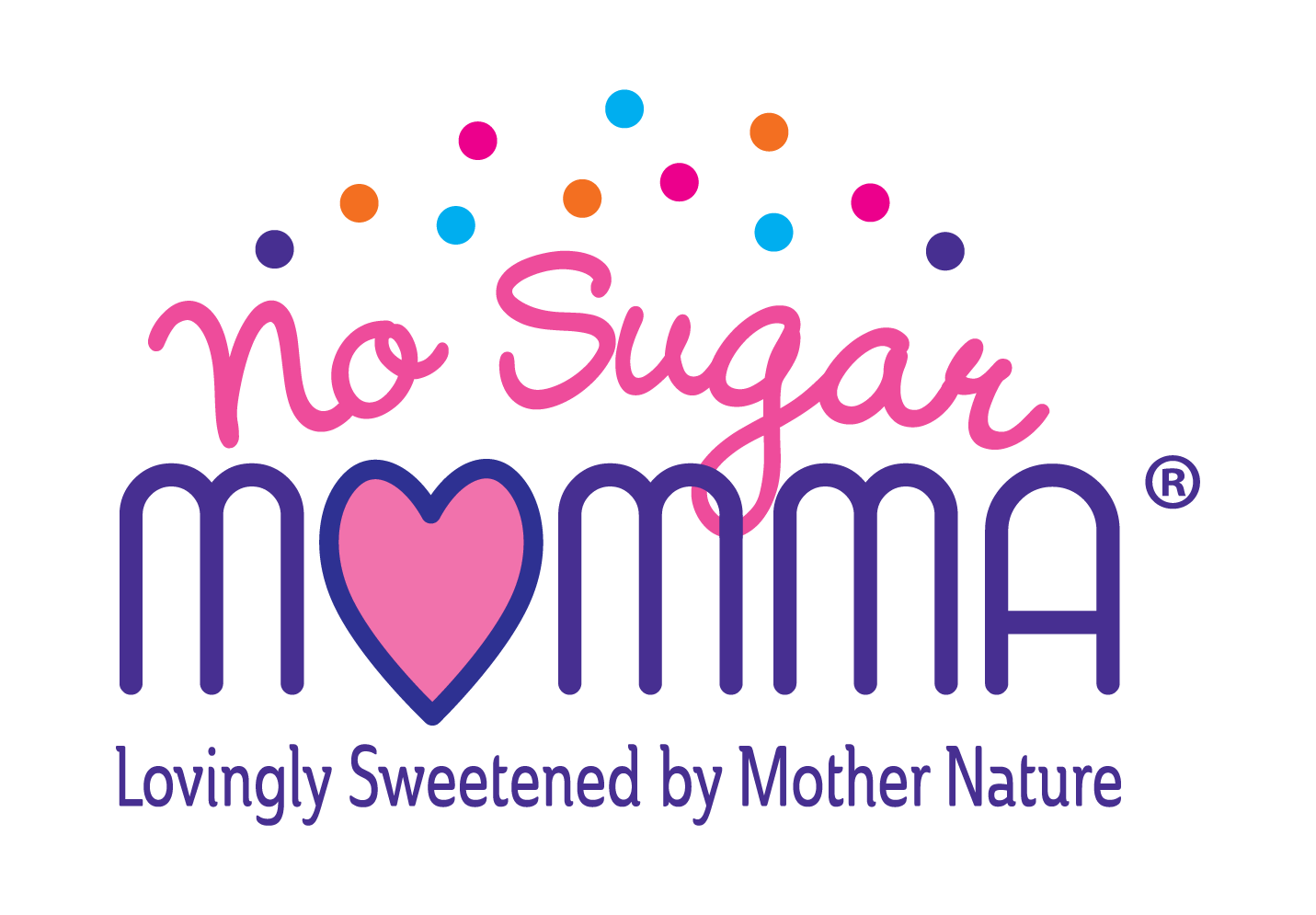How to Recover from a Health Crisis with the Right Diet?
When faced with a health crisis, the road to recovery can feel daunting. However, one powerful tool that often gets overlooked is the role of diet in supporting healing and rejuvenation. By harnessing the nutritional power of food, you can not only aid your body in recovering from illness or injury but also lay the foundation for long-term wellness. In this guide, we'll explore the vital role that diet plays in the recovery process and provide practical tips for nourishing your body back to health.
Understanding the Impact of Diet on Health Recovery
Diet isn't just about filling your stomach; it's about providing your body with the essential nutrients it needs to repair and rebuild. During recovery from a health crisis, such as surgery, illness, or injury, your body's nutritional needs may change. Certain nutrients become particularly important for supporting the healing process, while others may need to be restricted or monitored closely. By understanding how diet can influence your recovery journey, you can make informed choices that support your body's natural healing mechanisms.
Assessing Your Nutritional Needs During Recovery
Recovering from a health crisis is not a one-size-fits-all journey. Your nutritional needs will depend on various factors, including the nature of your condition, any treatments you're undergoing, and your overall health status. It's essential to work closely with your healthcare team, including doctors, nurses, and dietitians, to assess your individual nutritional needs and develop a tailored recovery plan. This may involve undergoing nutritional assessments, blood tests, or other diagnostic measures to identify any deficiencies or imbalances that need to be addressed through diet.
The Healing Power of Whole Foods
When it comes to recovery, whole foods are your best allies. Unlike processed or refined foods, which are often stripped of nutrients and loaded with unhealthy additives, whole foods are packed with essential vitamins, minerals, and antioxidants that support healing and promote overall health. Fruits, vegetables, whole grains, lean proteins, and healthy fats should form the foundation of your recovery diet. These nutrient-dense foods provide your body with the building blocks it needs to repair tissues, boost immunity, and regain strength.
Nutritional Strategies for Common Health Crises
Different health crises may require different dietary approaches. For example, if you're recovering from a cardiovascular event like a heart attack or stroke, you may need to focus on reducing saturated fats, sodium, and cholesterol in your diet while increasing intake of heart-healthy foods like fruits, vegetables, and omega-3-rich fish. Similarly, if you're recovering from surgery or injury, your body may require additional protein and calories to support tissue repair and wound healing. Consulting with a healthcare professional can help you develop a recovery diet plan that meets your specific needs.
Managing Symptoms and Side Effects Through Diet
During recovery, you may experience various symptoms or side effects that can impact your appetite, digestion, or overall well-being. Fortunately, certain dietary strategies can help alleviate these symptoms and support your recovery journey. For example, if you're experiencing nausea or vomiting, sticking to bland, easily digestible foods like crackers, rice, and bananas may help calm your stomach. Similarly, if you're dealing with fatigue or low energy levels, focusing on nutrient-dense foods that provide sustained energy, such as complex carbohydrates and lean proteins, can help keep you feeling...
Conclusion
In conclusion, the road to recovery from a health crisis can be challenging, but by prioritizing the right diet, you can support your body's natural healing processes and lay the groundwork for long-term wellness. Whether you're recovering from surgery, illness, or injury, nourishing your body with whole, nutrient-rich foods is essential for promoting healing, rebuilding strength, and restoring vitality. By working closely with your healthcare team and making informed dietary choices, you can embark on a journey of renewal and emerge from your health crisis stronger and healthier than ever before.

